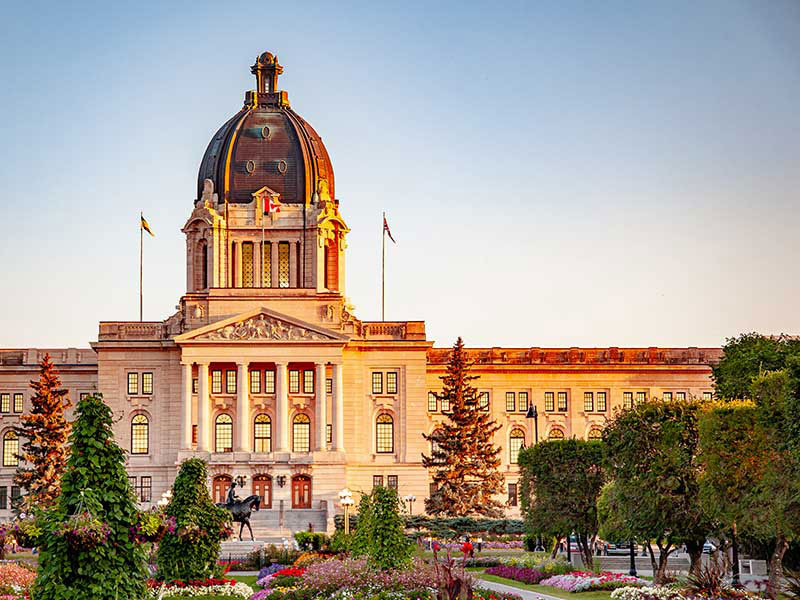
This article appears in the March 2023 issue of Investment Executive. Subscribe to the print edition, read the digital edition or read the articles online.
Saskatchewan and Alberta want to establish their own revenue agencies to collect provincial taxes. What would that mean for those provinces and for the rest of the country?
The two Western provinces have pitched their moves, in part, as rebukes to the federal government.
Saskatchewan Finance Minister Donna Harpauer said that establishing a provincial tax agency would “protect and defend Saskatchewan’s economic autonomy, industries and jobs from federal intrusion and constitutional overreach.”
In a Nov. 14 mandate letter, Alberta Premier Danielle Smith asked Finance Minister Travis Toews to provide recommendations for an Alberta Revenue Agency to “protect Albertans from continued federal government overreach.”
Saskatchewan’s bill, which remains at first reading, would establish a new revenue authority to collect corporate income taxes in the province, not personal taxes. Alberta already collects its own corporate taxes and Smith’s letter proposed including personal taxes.
Provinces that have tax collection agreements with the federal government concede some autonomy: even though they can establish their own tax rates, brackets and credits, they accept the federal government’s definition of taxable income.
“If, for example, the Alberta government wanted to say we’re not going to tax capital gains, they could not do that under the current agreement. But they could do that if they had their own revenue authority,” said Kevin Milligan, a professor of economics with the Vancouver School of Economics at the University of British Columbia.
However, establishing new provincial tax agencies would create complexity for taxpayers and be costly for the provinces, Milligan said.
The provinces would have “to set up a whole bureaucracy and infrastructure to collect those taxes, and it’s not a trivial thing,” he said. The Canada Revenue Agency (CRA) provides tax-collection services to the provinces for free, except when administering a provincial credit that isn’t part of the feds’ package of credits.
Provinces have the right to collect their own taxes under the Constitution. However, every province except Quebec currently has tax-collection agreements with the federal government under which the CRA collects personal income tax on their behalf and remits it to the province. The CRA also collects provincial corporate income taxes for every province except Quebec and Alberta.
Quebec has been collecting its own provincial taxes since 1954. Taxpayers in the province file two tax returns each year: one to the CRA for federal taxes, and one to Revenu Québec for provincial taxes.
Over the years, Quebec has introduced a variety of tax measures that establish a different definition of taxable income than the one used by the federal government. For example, Quebec doesn’t allow pension income splitting with individuals under age 65, which differs from federal rules.
Milligan said that if every province had its own revenue agency, interprovincial investment and migration would get bogged down.
“[It] would be bad for business in the country if we had this kind of balkanized system with some things taxable in some places and not others,” he said.
In 2018, Quebec unanimously passed a motion in the National Assembly calling on the federal government to allow it to administer both federal and provincial taxes, eliminating the need for provincial taxpayers to complete two returns. The federal Conservatives under the leadership of Andrew Scheer expressed support for the idea.
In February 2020, Bloc Québécois MP Gabriel Ste-Marie introduced a private member’s bill that would authorize the federal government to enter into an agreement with a province to collect federal taxes on its behalf. The bill was defeated in April 2021.
Milligan said he’s skeptical that a federal government would ever allow a province to administer taxes on its behalf. “It would never happen,” he said.
“It would be a breach of responsibility to allow a province to decide what’s taxable or not for the federal tax system,” Milligan said. “That just should not be allowed.”
Uncooperative co-executor passed over by court
Case illustrates the risks of appointing multiple executors